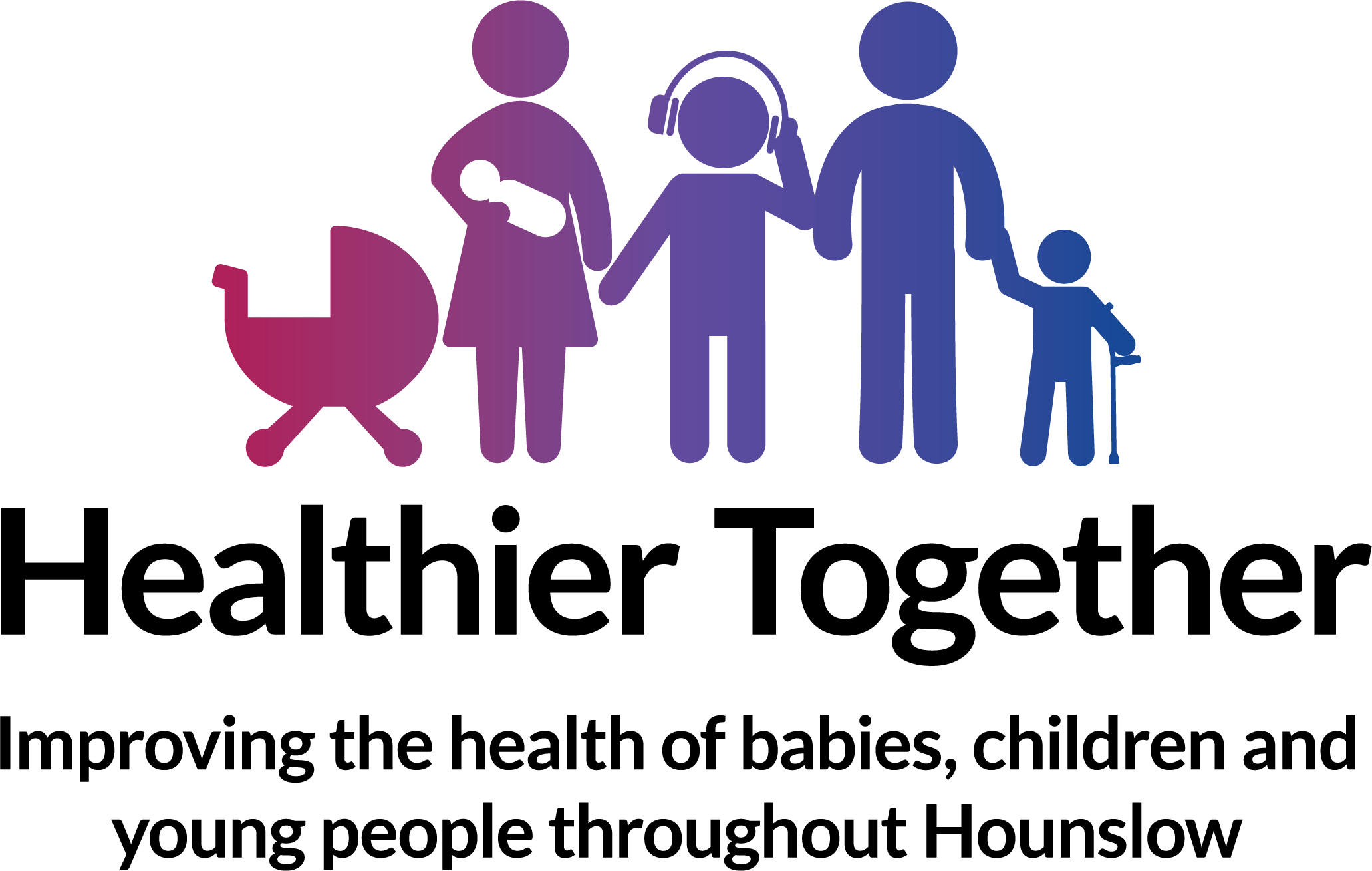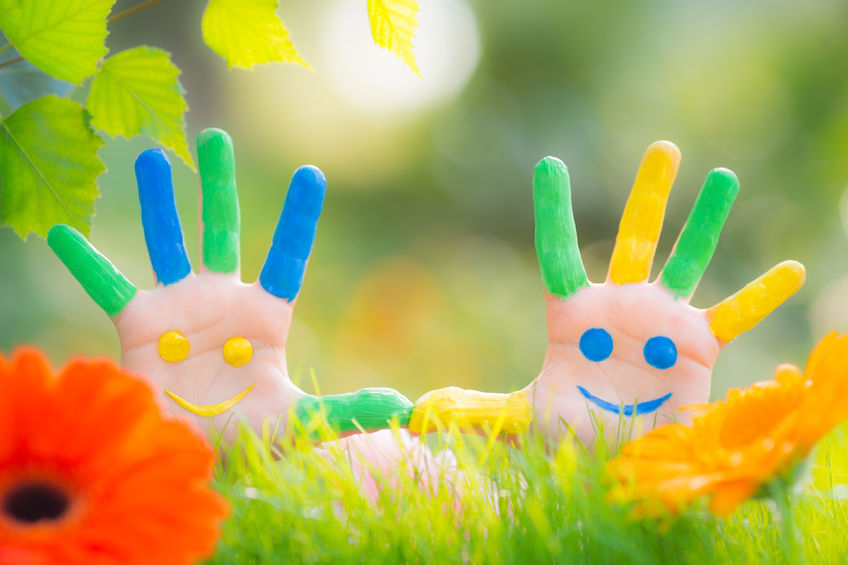Five to Thrive is based on five key activities that are the building blocks of healthy communication and brain development:
- Respond: Thinking about what your child needs and responding to this.
- Cuddle/Engage: Connecting and engaging. This building block is “cuddle” for babies and children. This becomes “engage” for young people and adults.
- Relax: Learning to respond to stress and react in a suitable way.
- Play: Being playful and activating the right side of the brain.
- Talk: Speaking or signing and activating the left side of the brain.
Just like when playing with building blocks, if your tower falls, you need to rebuild. So if you’re trying to talk to your child and they get frustrated or upset, you need to respond to how they’re feeling and address this first.
When your child, (whether they’re an infant, child, or emerging adult), enjoys these five simple activities every day it helps them:
- Grow
- Be content in their own skin
- Make and sustain friendships
- Have positive connections with you and their family
The Five to Thrive activities are important at all ages and stages of your child’s life, so it’s never too late to start. They build baby and toddler brains and support healthy brains for:
- Pre-school children
- School-age children
- Young people
- Adults
It is amazing that by enjoying five key daily activities with your child, you’re helping your child’s brain grow. You will also be supporting their healthy development.
By being responsive and nurturing, you can reduce fear and anxiety in your child. This will supply the best conditions for their healthy brain growth.
Taking care of your own mental Health and wellbeing
Although it's important to prioritise our children's needs, it's equally important to remember that how we are feeling has a huge impact on how they feel. Children are naturally highly attuned to their parents' moods. Putting on a brave face or denying our frustrations will never fully mask what we are feeling, and these feelings are sure to impact on them.
Taking care of our own mental health is a key factor in helping our children feel happy - parents with good mental health will be better equipped to help their children.



